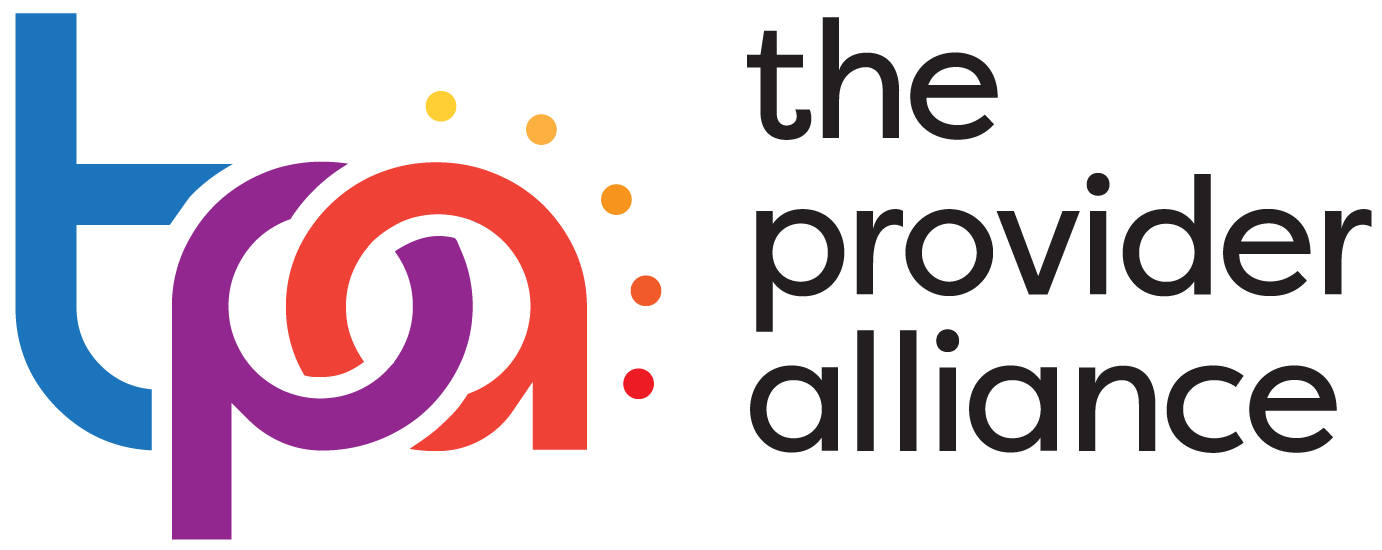Published November 2, 2021 – The Morning Call
Across Pennsylvania, people with disabilities and their families, legislators and other advocates have been warning the commonwealth that the intellectual disability and autism service system is in freefall.
To date, over 6,500 Pennsylvanians have lost essential services during the pandemic, according to the state’s Department of Human Services’ Office of Developmental Programs. They are without day services, employment and/or essential support.
Family members, some in their 60s, 70s and 80s, now have to provide these supports and caretaking. Many of these elderly parents have their own health frailties.
Programs shuttered during the pandemic have been unable to reopen because there simply are not enough direct support professionals to provide essential services. This is because their wages, funded by rates set by the state, are too low to attract applicants willing to do this difficult but essential work.
The governor and the General Assembly have a unique opportunity in the current and coming fiscal year to use American Rescue Plan funding, enacted by Congress this past April, to stop the collapse of the intellectual disability and autism service sector.
The General Assembly placed over $5 billion of that federal aid in the state’s Rainy Day Fund for use in very limited ways.
Prior General Assemblies specified, in establishing the Budget Stabilization Reserve Fund, that money be “appropriated only when emergencies involving the health, safety or welfare of the residents of this Commonwealth or downturns in the economy … not to be used to start new programs but to provide for the continuation of vital public programs in danger of eliminated or severely reduced due to financial problems resulting from the economy.”
Clearly the implosion of the intellectual disability and autism system, with an average of 40% or more turnover, due to poverty wages in the state’s funding formula, is the very type of crisis the Rainy Day Fund was established to address.
Republican and Democratic legislators have met with families, advocates, providers and people with disabilities and agreed this is a bipartisan issue, supported by both parties and appropriate for spending and appropriation jointly by the governor and General Assembly.
The Provider Alliance, a state association of intellectual disability providers, has been meeting with members of Gov. Wolf’s administration and leaders of the General Assembly to ask the state to enact the Equal Pay for Equal Work plan to save this community system with a $541 million ongoing investment in the community waiver system.
Some of those funds will come from earmarked home and community-based service funding, the Rainy Day Fund and increasing state revenue in subsequent years.
Three simple steps would make a difference:
- Stabilize the community system. Pay direct support professionals the same wage Pennsylvania pays its own employees providing the identical task. Equal pay for equal work should be more than a slogan.
- Invest funds. Pennsylvania can earmark funds received from the American Rescue Plan and use targeted Home- and Community-Based Service funding to bring in additional federal targeted dollars.
- Support community programs. These programs need stable, long-term funding to help reduce staff turnover and vacancy rates so they are more comparable and adjusted to match those at the state centers (institutions).
A $541 million annual investment will begin to close the ever-widening gap in pay between state-operated programs and local community programs. The federal government has provided temporary funding to help fill some holes in program funding; however, a true solution requires additional funding in current and successive years.
As a longtime advocate, I am pleased to see Republican and Democratic legislators increasingly supportive of this use of the Rainy Day Funds. They know wage discrimination has resulted in community direct support professionals being funded at 30% less than state employees doing the same job.
That is blatantly unfair and is contributing to the collapse of the community system.
People with intellectual disabilities and autism, their family members, service providers, direct support professionals and others beseech the governor and General Assembly to work together to save this system for thousands of Pennsylvanians. We’re running out of time.
Gary Blumenthal is vice president of governmental relations and advocacy at InVision Human Services, a nonprofit provider of residential and employment services for people with intellectual disabilities. The company is based in Wexford, Allegheny County, and Reading.

